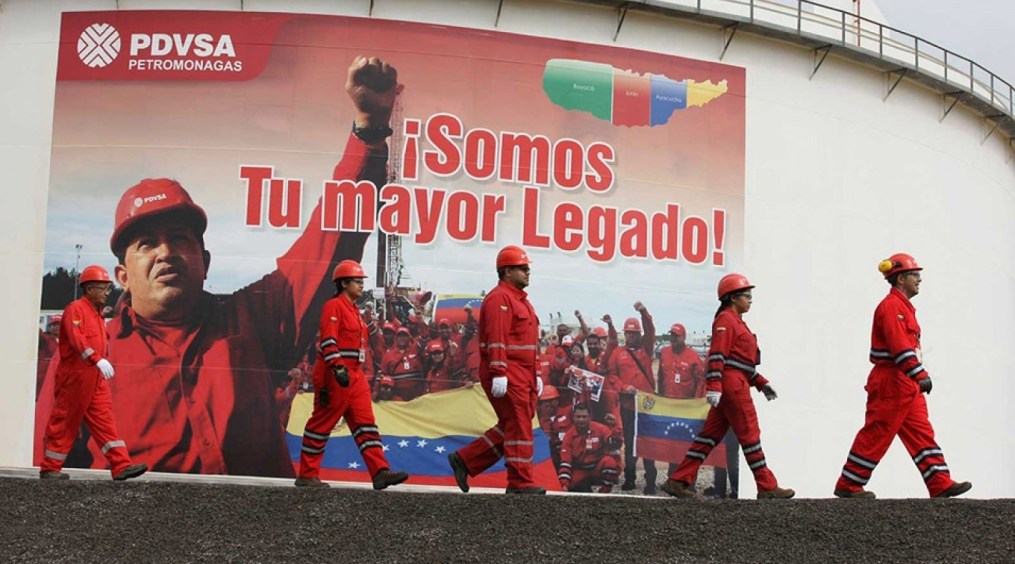RIO DE JANEIRO, BRAZIL – Venezuela will maintain oil production in the Orinoco oil belt through two joint ventures, according to the news agency Reuters.
Petrocedeño, which is operated by the Venezuelan state oil company PdVSA together with Total (France) and Equinor (Norway), and Petromonagas, a joint venture with the Russian Rosneft, will resume operations in May and July respectively.

Both companies had heavy crude oil processing plants in operation. Their work was stopped last year as stocks had accumulated due to the US sanctions imposed in January 2019. At that time Venezuela was supplying 500,000 barrels per day (bpd) to US refineries.
The plants will be converted into blending facilities to produce the Merey 16, a blend of extra-heavy crude oil with diluents preferred by the Asian markets.
The announcements came after a new wave of sanctions and threats by the US Treasury Department against Venezuela’s oil industry. After imposing financial sanctions against PdVSA in August 2017 and an oil embargo in January 2019, Washington imposed a general ban on all business with Venezuelan state-owned companies in August 2019.
The August presidential decree also allowed for secondary sanctions against third parties involved in business with Caracas. After multiple threats, the US government sanctioned Rosneft for its purchases of Venezuelan crude oil.
Because the sanctions had driven buyers away, Rosneft reportedly bought up to 60 percent of the country’s production and redirected it to other destinations.
The Chevron-owned Petropiar project, which was converted into a blending plant last year, has been operating as a processing plant again since January. Chevron has been repeatedly exempted from sanctions by the US Treasury Department to continue operations in Venezuela.

In addition to the effects of the US sanctions, Venezuela’s oil industry is also suffering from corruption, lack of maintenance, brain drain and lack of investment. Production has declined from an average of 1.911 million bpd and 1.354 million bpd in 2017 and 2018 to 793,000 in 2019.
President Nicolás Maduro recently appointed a commission under his direct authority to restructure the oil industry. This has called for the resignation of all the company’s vice-presidents. The company’s head of lubricants, Oscar Aponte, was reportedly arrested last Wednesday on suspicion of corruption.
In a statement, the presidential commission accuses Aponte of being involved in smuggling and bribes for overpriced contracts.
On Friday, Oswaldo Vargas, the CEO of the subsidiary PDV Marina, was arrested. The shipping company is in charge of the sea and river shipment of oil. In addition, the crew of oil tanker Negra Hipólita was detained on suspicion of fuel smuggling.
On March 2nd, two of PDVSA’s supply and trade department employees were also arrested. Aryenis Torrealba and Alfredo Chirinos are being charged with “treason” and passing on confidential information to the US government.
The case has sparked outrage among relatives and grassroots movements who say that the two have been targeted for their efforts to eliminate corruption in the oil industry. A political campaign is demanding their immediate release.

